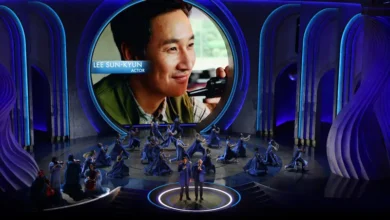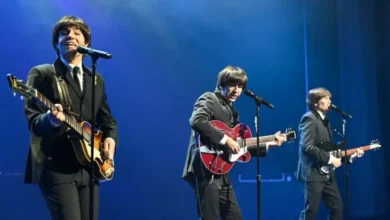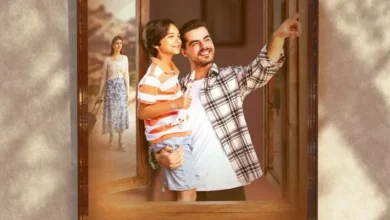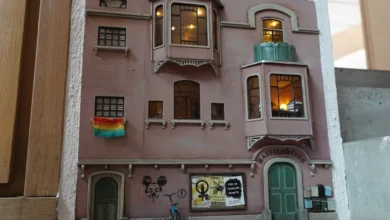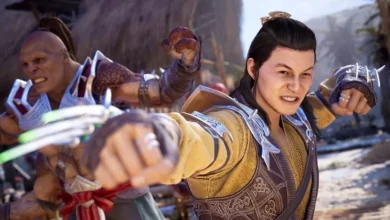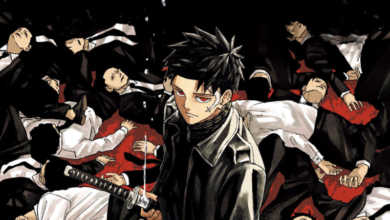Wicked: For Good review: This ’emotionally soaring’ sequel is ‘more captivating’ than the first film
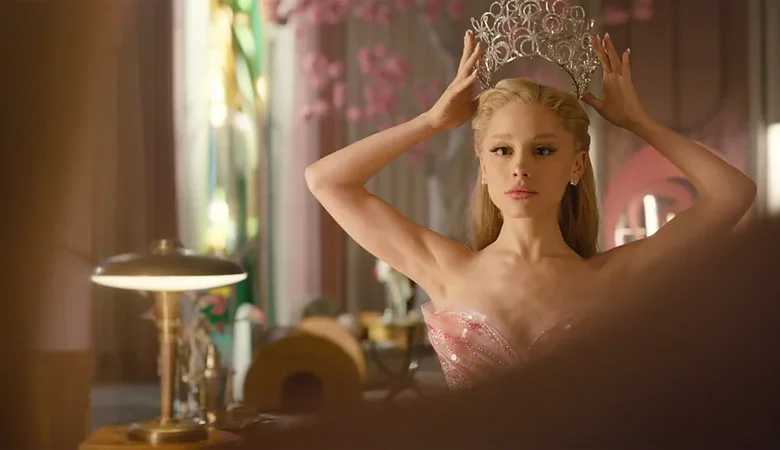
The musical adaptation’s second and final instalment isn’t likely to win any sceptics over – but it’s consistently enjoyable, and sees Ariana Grande, in particular, “really shine”.
A heart-tugging theme, earworm songs and relentless marketing – that alchemy helped make Wicked in its many forms the pop-culture phenomenon it is today. The tangled friendship between the witches of Oz – Glinda, the princess-y one in pink, and Elphaba, the green-skinned outsider – created a cultlike fandom the minute the Broadway show opened 22 years ago. Prom queens and rebels alike could identify. The screen version has broken the show in half, over two films. Last year’s Wicked, the first, came with inescapable publicity that included its stars, Ariana Grande and Cynthia Erivo, tearily holding hands in interviews and declaring life-long friendship. It made $750m (£660m) at the box office and is now awash in merch. But the film wouldn’t have become a sensation if it hadn’t also touched a chord with the public. Wicked: For Good, the emotionally soaring second and final film, carries that momentum forward and makes the journey feel complete.
Let’s be clear: the Wicked films are the definition of preaching to the choir. They aren’t likely to win over anyone sceptical of candy-coloured spectacle and overt sentimentality presented in Broadway show-stopping fashion. Wicked is what it is. But if you’re fine with that, this latest instalment is more captivating than the last and enjoyable to watch throughout.
Ariana Grande really gets her moments to shine in this instalment and makes the most of them
Part One always felt like a first act before intermission. For Good has more life-and-death drama and is even more of a musical, with nearly back-to-back singing-dancing set pieces. But most of all it leans even more fiercely into the friendship between the two women, who separated at the end of the last film when Elphaba picked up her broom and flew away from Oz. The director, Jon M Chu, milks every tear-jerking moment – the camera swirls, the music swells! – but there is no denying the force of Erivo’s powerful voice and vehement presence as Elphaba, Grande’s perfectly light-handed and lyrical performance as Glinda, and the warm-hearted resonance of the saga.
Elphaba, after discovering that the Wizard is a fraud, now lives in a dense, dark forest, hunted by his soldiers, led by Prince Fiyero (Jonathan Bailey). Although he still has feelings for Elphaba, Fiyero is engaged to Glinda, who lives in a spacious, pink and marble Art Deco apartment in Oz. She and her home are images of goodness and light. The bubble she travels in looks magical but is mechanically powered. As with the Wizard, in Oz image is all that matters.
Grande really gets her moments to shine in this instalment and makes the most of them. She was always ideal in the role, giving Glinda just the right little giggle and hair flip. She has a stronger narrative arc here as Glinda becomes disappointed and disillusioned. When she sings the line “I couldn’t be happier”, the cracks in the happy facade begin to show. Erivo continues to create Elphaba as righteously determined to expose the Wizard’s fakery and also hurt at the way she has been vilified, but that arc is more familiar now.
At times throughout, Chu closes in on Erivo and Grande’s faces as they sing, and those moments are among the most effective. But there is also a lot of crowded, bustling choreography, sometimes too much. When Glinda contemplates her life and sings The Girl in the Bubble, one of two new songs written for the film, Grande’s poignant delivery is almost overshadowed by the set design and actions as she wanders around her glistening home. And after a while, the film’s big Broadway orchestrations all begin to sound the same.
Elphaba’s sister, Nessarose (Marissa Bode), is now Governor of Munchkinland. Madame Morrible (Michelle Yeoh) meddles with the weather and schemes to make Elphaba look bad. But no other character, not even Fiyero or Jeff Goldblum as the perfectly cast con-man Wizard, really registers next to the leads. Amidst the flying monkeys and spells that go drastically wrong, the Tin Man, Scarecrow and Cowardly Lion appear, as the plot of The Wizard of Oz pops into For Good. Dorothy is seen only from behind or in silhouette, but it is quite amusing to hear Elphaba refer to her as “that farm girl”.
Elphaba also says, “Goodbye, Nessa. I’m off to see the Wizard.” Subtlety is not in this film’s vocabulary. Neither is thematic depth, despite some feints in that direction. The false images that allow the Wizard to control Oz might seem like social commentary. So might Elphaba’s fight for animal rights. But they are merely ideas dropped in and raced past, never substantial enough to matter.
The film is, in its essence, an ode to eternal friendship. Its heart comes near the end when the witches are about to part once more and Grande and Erivo sing For Good. The camera captures each of them as they face each other, and of course finally swirls around them as they sing, “Because I knew you, I have been changed for good.” This film is as slick and shiny as Glinda’s lip gloss, but it may also be just what its many fans want.
